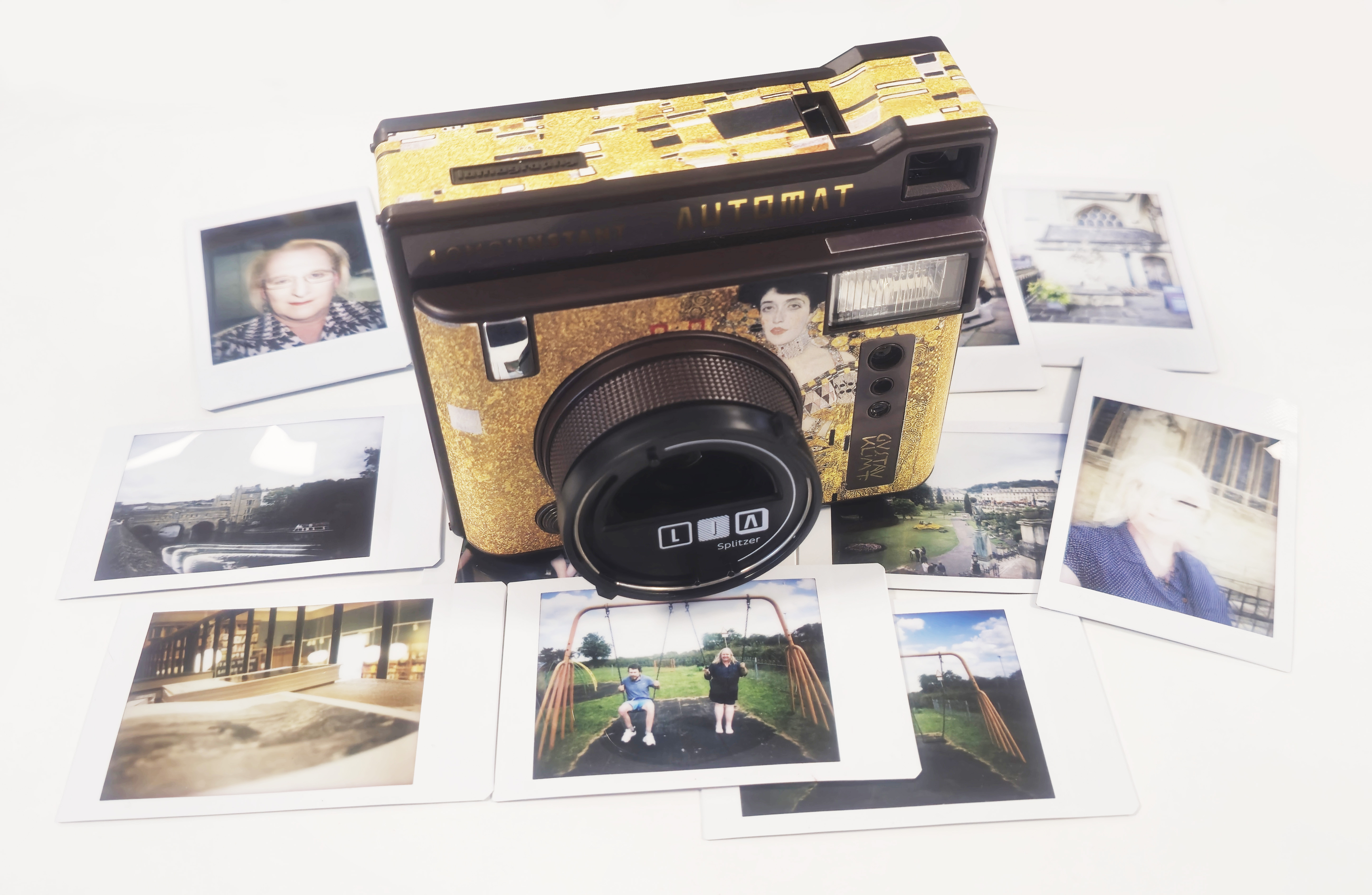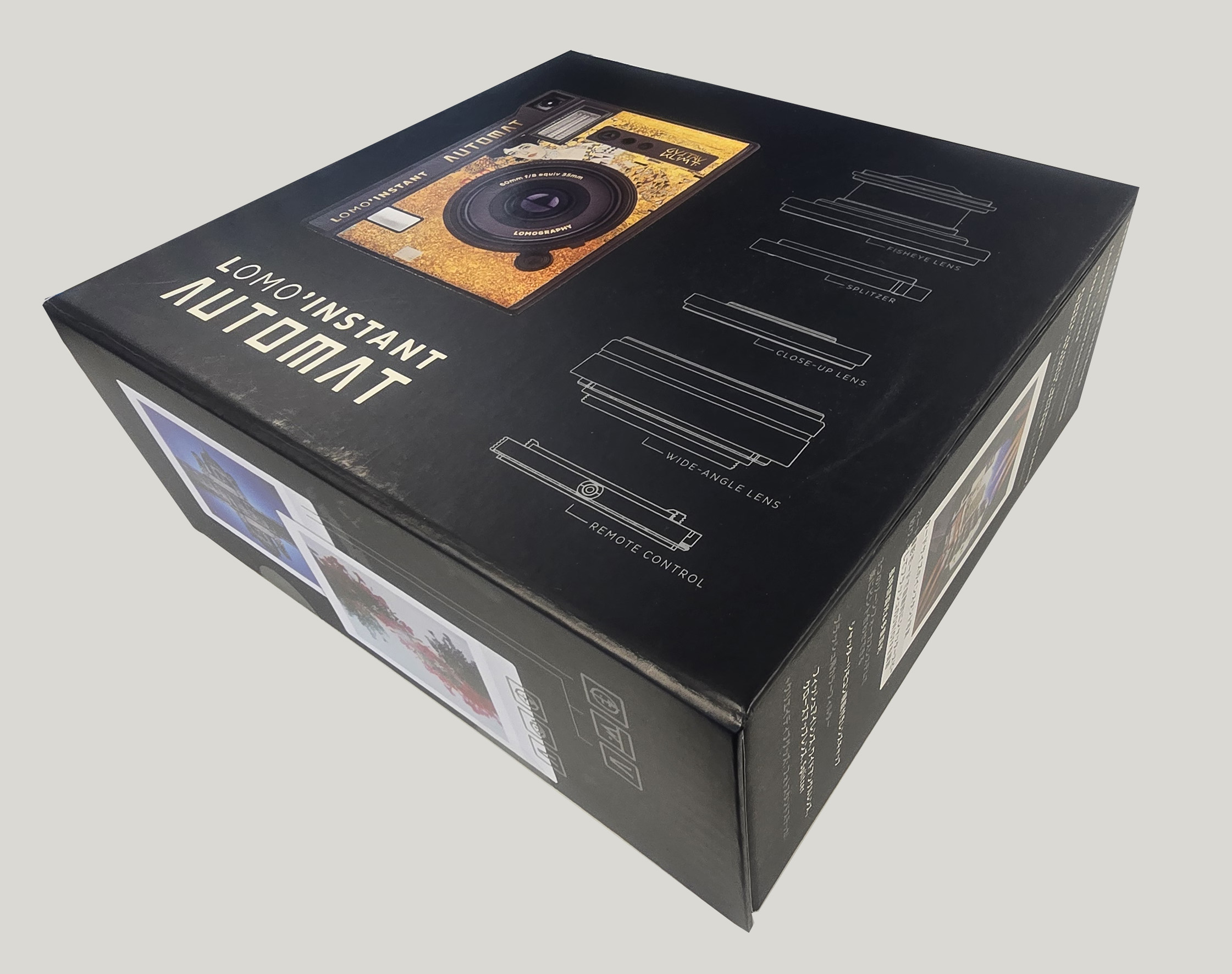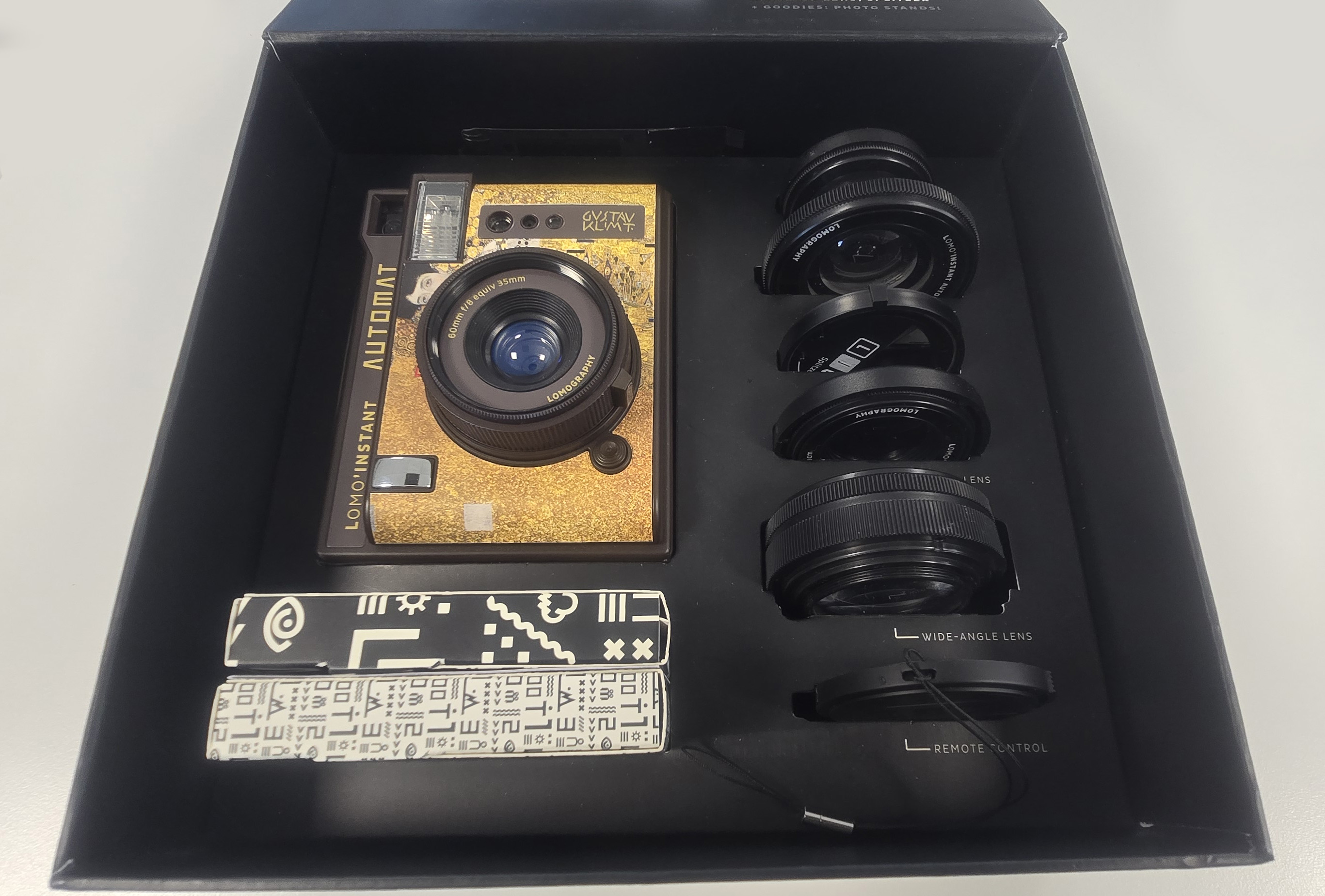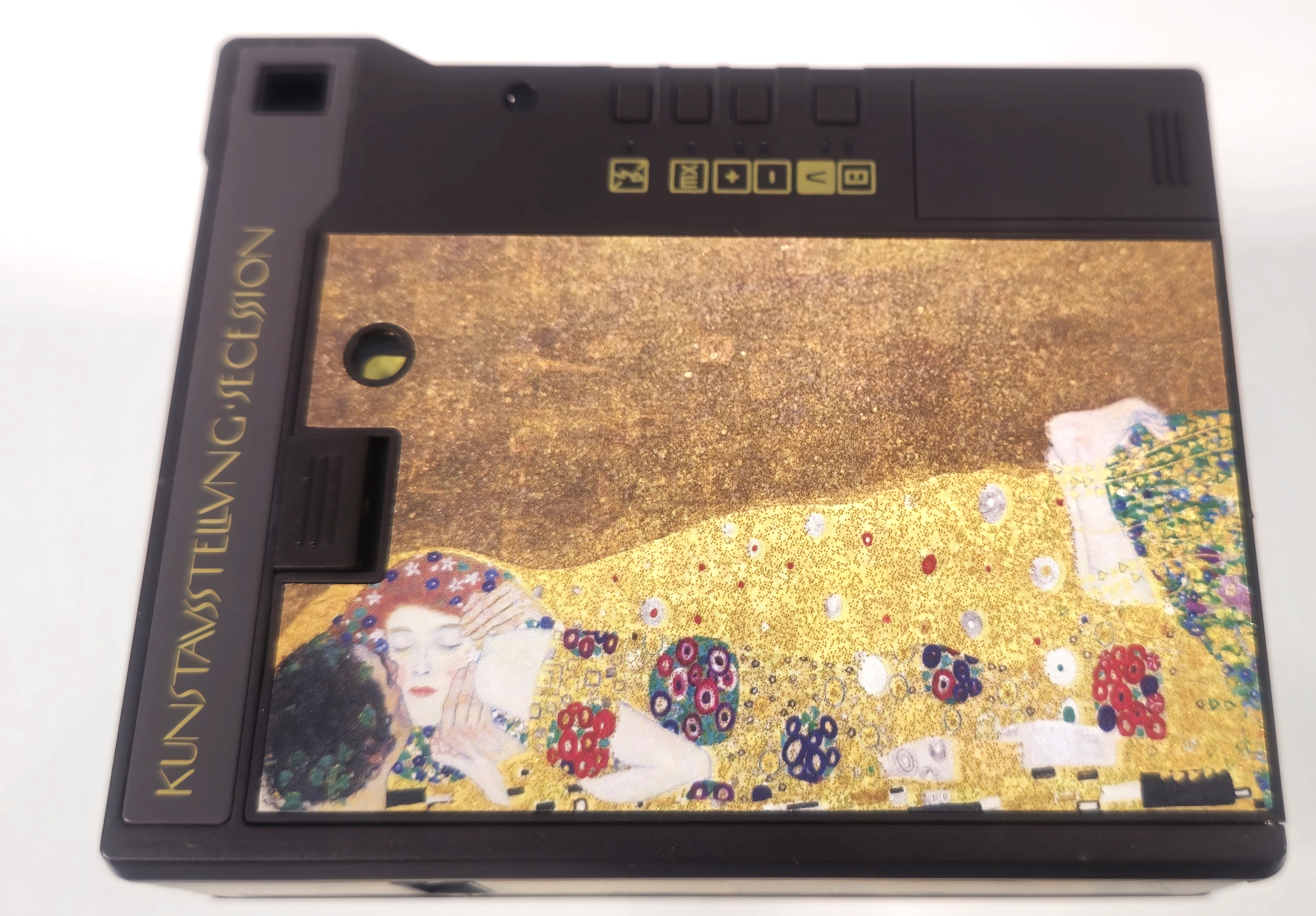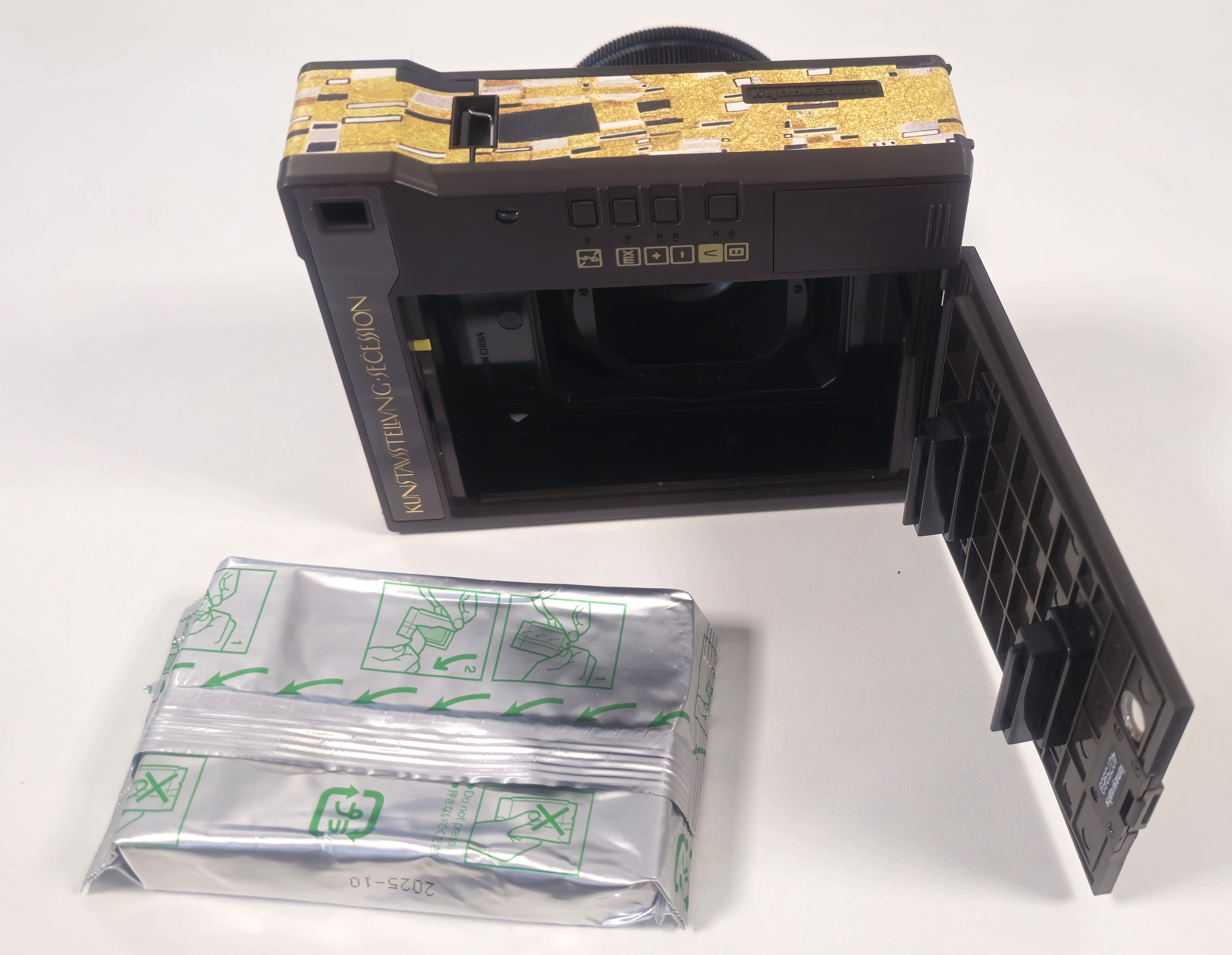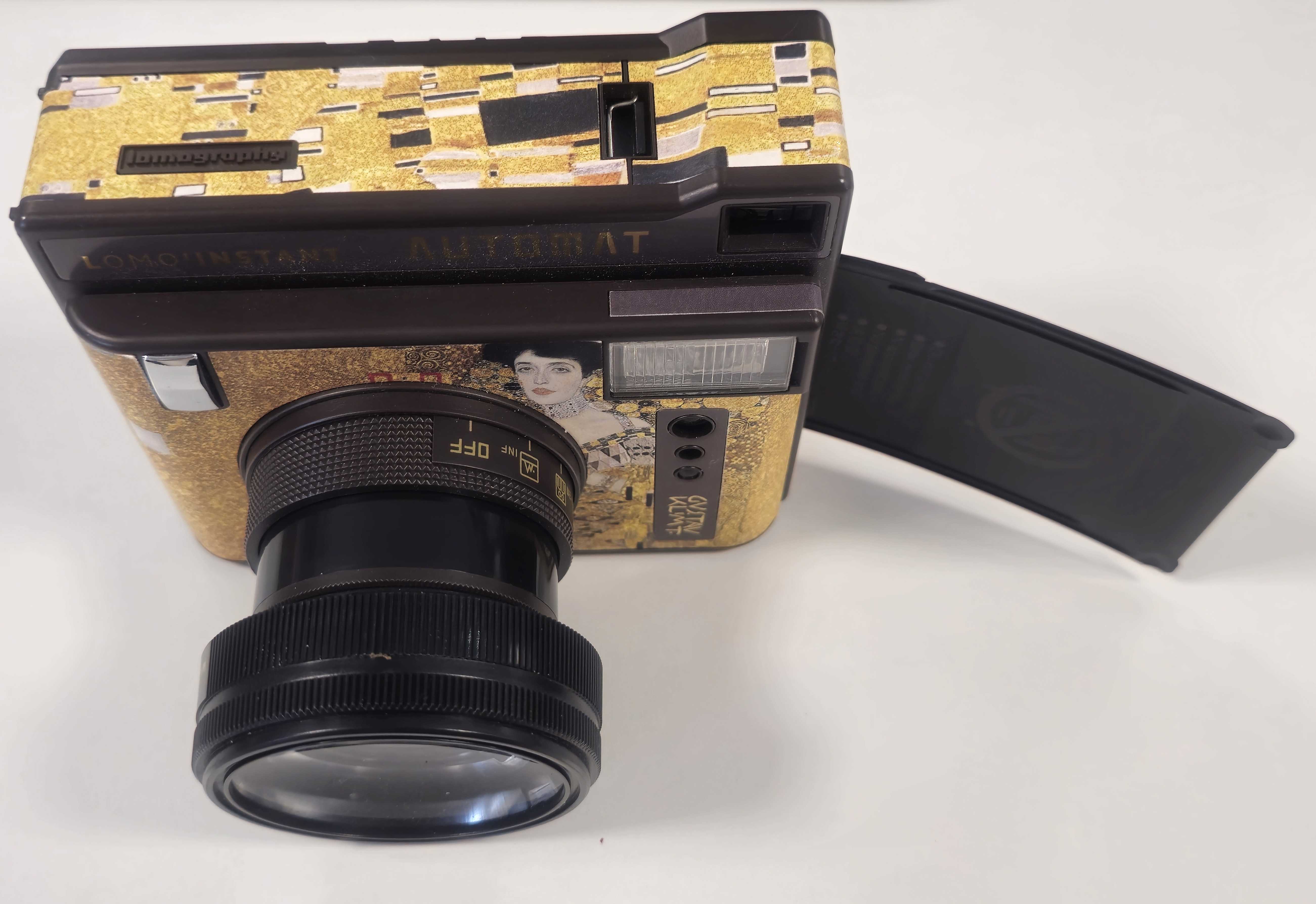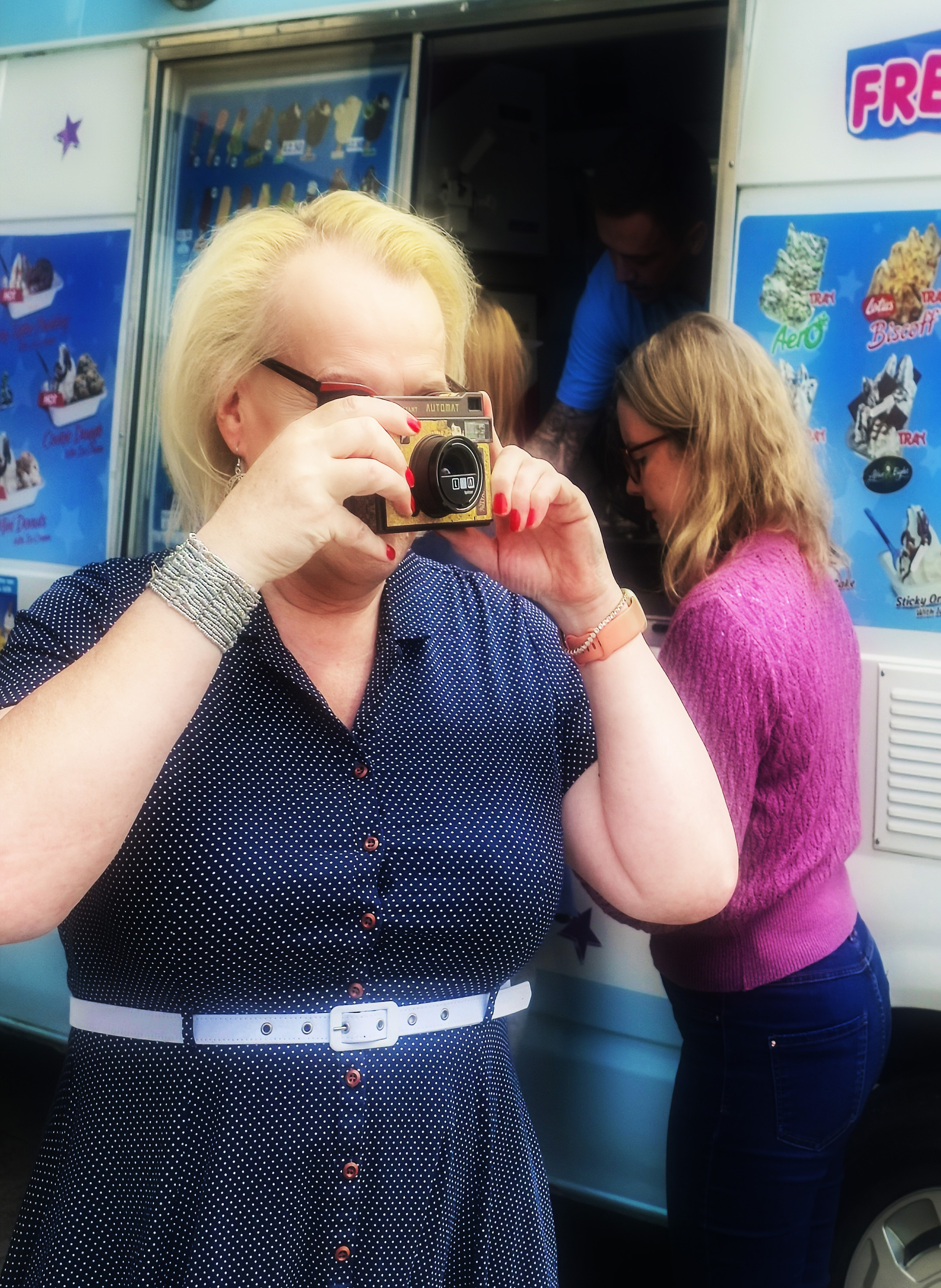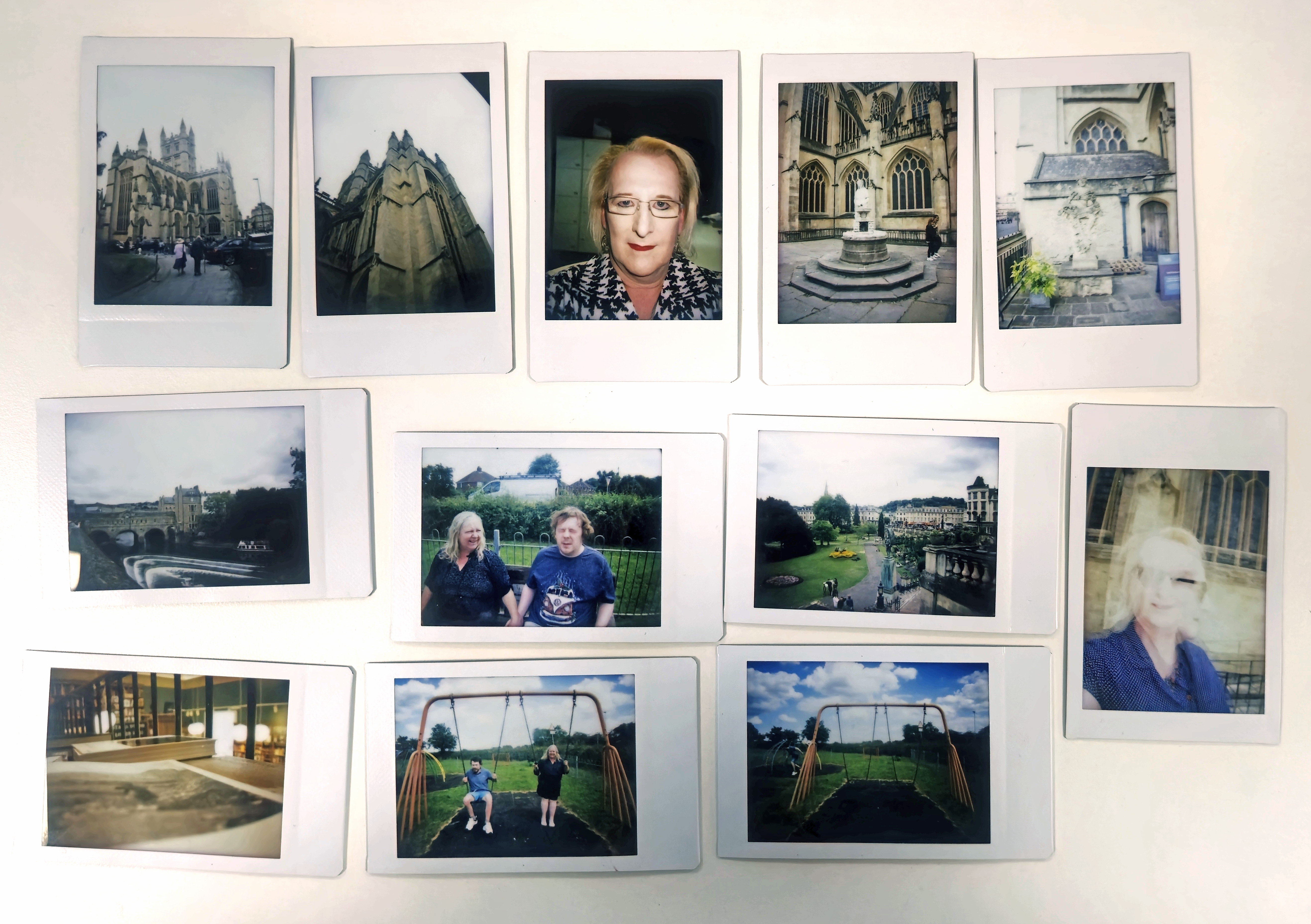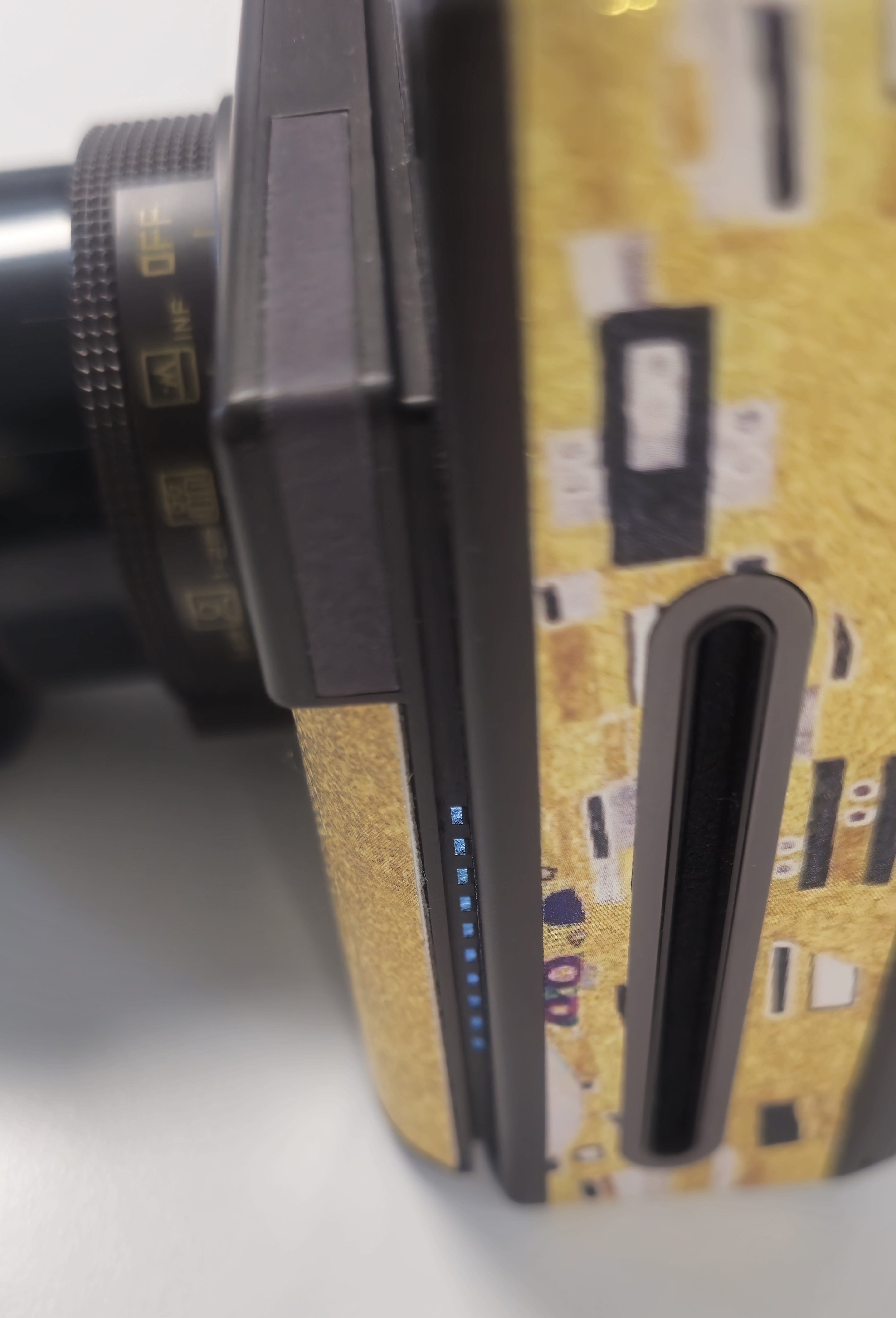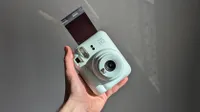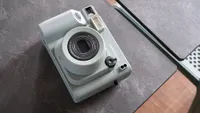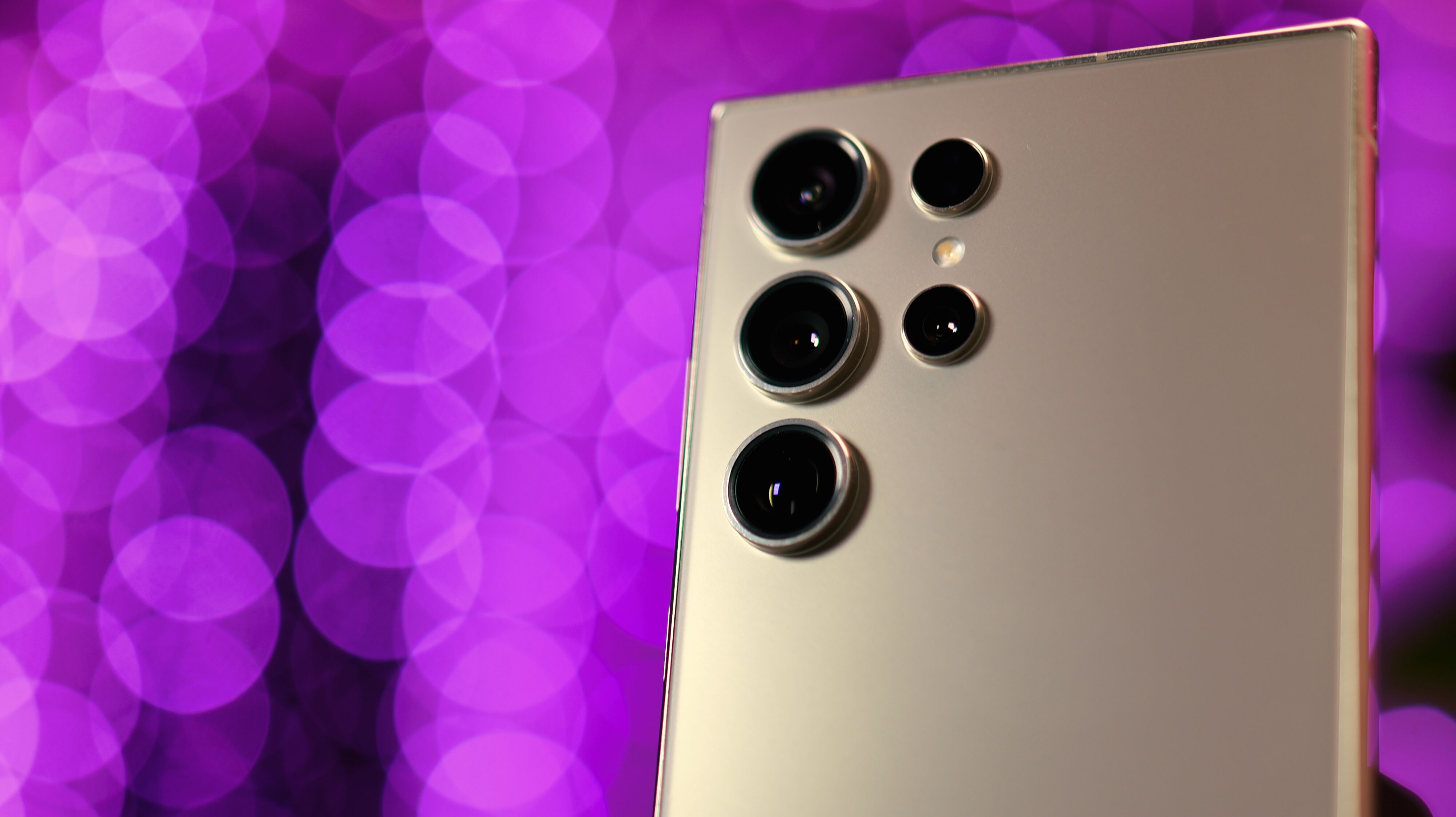Digital Camera World Verdict
Wrapping the Automat in a Gustav Klimt print makes this brown, boxy camera more attractive, the additional lenses are fun and the prints are quirky, if small.
Pros
- +
Everything you need in one box
- +
Makes a great gift actually
- +
Lots of creative options with the lenses
- +
Instant film-based gratification
- +
Quirky, retro results
- +
Multiple exposure feature
Cons
- -
The close-up lens is tricky
- -
The prints are tiny
- -
Focussing distances are hit-and-miss
- -
Overexposes images too much
- -
Expensive compared to rivals
Why you can trust Digital Camera World
Despite the fact that the Automat looks and sounds like something from the Communist-era Soviet Union, Lomography has replaced the camera’s Cold War aesthetic in favor of a dead painter from a hundred years ago. That means the Gustav Klimt special editions come wrapped in the visually attractive signature artwork of the Viennese Secession movement painter. This is the Gold Leaf version, complete with gold logos. Whether that makes it any more fun is for you to decide, but it certainly livens up what is a very square and boxy format.
This is, of course, an instant camera, which means you slot Fujifilm Instax Mini cartridges in the back and tiny, self-developing prints emerge out the side, with an accompanying squeak and a rumble of the infernal internal mechanism. The box it comes in is attractively designed and has all the accessories you could ever want, from three lens attachments (close-up, wide angle, fish eye) to useful things like a remote control and a creative option with a rotating lens blocker for crazy multiple exposures. Even the manual comes in the form of handy and colorful tip cards. It’s an entire ecosystem in a box.
Lomo’Instant Automat Gold Leaf: Specification
| Film format | Fujifilm Instax Mini (ISO 800) |
| Lens | focal length 60mm (35mm equiv) plus additional fisheye, wide angle and close up attachments |
| Apertures | f/8, f/22 |
| Shutter speed | 1/125 sec - 8s in Auto, 30s in Bulb |
| Exposure compensation | +1 EV and -1 EV |
| Flash | Built in |
| Focus settings | 0.6m, 1-2m, Infinite |
Lomo’Instant Automat Gold Leaf: Price
You can get Instax Mini cameras for $80 / £70 / AU$99, so for $200 / £179 / AU$270 this could be considered fairly pricey, but it does come with a range of lenses and extras.
Lomo’Instant Automat Gold Leaf: Build and handling
It’s built like an East German block of flats so it isn’t ergonomic by any means, but at least the fire button is well placed. Turning it on and off is a little bizarre though - you turn the focussing distance ring on the lens to your preferred setting of 0.6m, 1-2m or Infinite. To turn it off requires holding down a button on the other side of the lens and rotating it back to the off position again. Of course, actually judging focus distances when you come to take photos is pretty hit and miss anyway.
Going back to the start though, loading the Instax Mini film is very straightforward, just open the back, slot it in, turn the camera on and take an initial photo to eject a dummy first frame. Then you’re ready to go. It works with automatic exposure, so there’s not too much brainpower required, but if the photos are overexposed, which happens with any kind of bright sky, then a trip to the controls on the back is required. These are tiny and crammed in, like the typical proletariat family in the aforementioned East German housing development. There’s a button to turn the flash on and off, one for the multiple exposure function, plus and minus 1 EV exposure compensation, and then a button that toggles between Auto exposure and Bulb (30 seconds).
It’s slightly surreal to find a screw thread for a tripod mount on the base, but consider this something for group selfies out in the open - in combination with the remote control shutter release.
The three additional lens attachments are fairly easy to screw on and off but the effect they have can really only be guessed at as the view through the viewfinder remains the same regardless. In a nod to modern sensibilities, the fire button itself is shiny chrome, making it useful for composing the shot for selfies.
The best camera deals, reviews, product advice, and unmissable photography news, direct to your inbox!
Finally, each Instax Mini cartridge offers 10 prints so there is a series of small LEDs down the side corresponding to the number of shots still left. This is very handy so you don’t lose track of how many shots you have left.
Lomo’Instant Automat Gold Leaf: Performance
Once you get past the arcane method of turning the camera on, then judging the photo distance - anything past 2m is in the Infinite range, then it’s simple and fun to find something to photograph and shoot. With only 10 shots per film it’s easy to run out though, so it pays to be a little more prudent than shooting digitally. A twin pack of 10 prints cost around £15, which works out at 75p per developed print. They are small - the overall print is 54x85mm with an image area of 46x62mm, but this does mean you can build up collections of images in a compact book.
Now, the apertures the camera uses are f/8 and f/22, might have been a recipe for camera shake, but the Instax Mini film is rated at ISO 800 so that helps enormously. The narrower than expected apertures also mean that there’s more depth of field so once you get further than 2m away from the camera, there’s little chance of anything being out of focus. Closer than that, however, and it can be hit and miss, though the little icons on the lens of a single person (0.3m) and two people (1-2m) are handy prompts. The main issue with the prints is not camera shake, but over exposure. On a day with a bright, white sky the photos look like someone poured bleach over them. In those cases, definitely use the -1EV exposure compensation.
The default lens focal length of 60mm means it’s set up for portraits more than anything, so if you want to photograph scenery or a building then the wide angle converter is required, but it’s a case that it’s wider than the default lens than actually being a wide angle. The fish eye lens does give a round, fish eye view, but this crops into what is already a small print. Then there’s the close up lens, which makes things a bit closer, but don’t think it’s a macro lens because, obviously, it isn’t.
Lomo’Instant Automat Gold Leaf: Verdict
If you have managed to get your shot in focus, not overexposed and the like, then the results are retro and quirky, which is really the market for this kind of thing. It’s fun to be able to see the prints pop out and develop fairly quickly, making them ideal for scrapbooking and the like.
| Features | The right balance of fun verses functionality | ★★★★☆ |
| Design | Like a Soviet housing block with new curtains | ★★★☆☆ |
| Performance | Struggles in certain conditions | ★★★☆☆ |
| Value | Not the cheapest way to get your Instax Mini thrills | ★★★☆☆ |
✅ Buy it...
- You want everything in one box including lens adapters
- You want instant retro-print gratification
⛔️ Don’t buy it...
- You care about image quality
- You’re on a tight budget
Alternatives
Instax mini 12
A range of pastel colors, better ergonomics, and a lot cheaper for the same print size.
Instax WIDE 400
Double the print width from a camera with better handling, has a handy self-timer, and still costs less.
Want a different flavour of Lomography, then have a look at these Lomo cameras. Alternatively, check out this Instax Mini option. If, though, you just want some film-based nostalgia, see what our writer thought of the movie Kodachrome.

Wendy was the Editor of Digital Photo User for nearly five years, charting the rise of digital cameras and photography from expensive fad to mass market technology. She is a member of the Royal Photographic Society (LRPS) and while originally a Canon film user in the '80s and '90s, went over to the dark side and Nikon with the digital revolution. A second stint in the photography market was at ePHOTOzine, the online photography magazine, and now she's back again as Technique Editor of Digital Camera magazine, the UK's best-selling photography title. She is the author of 13 photography/CGI/Photoshop books, across a range of genres.
